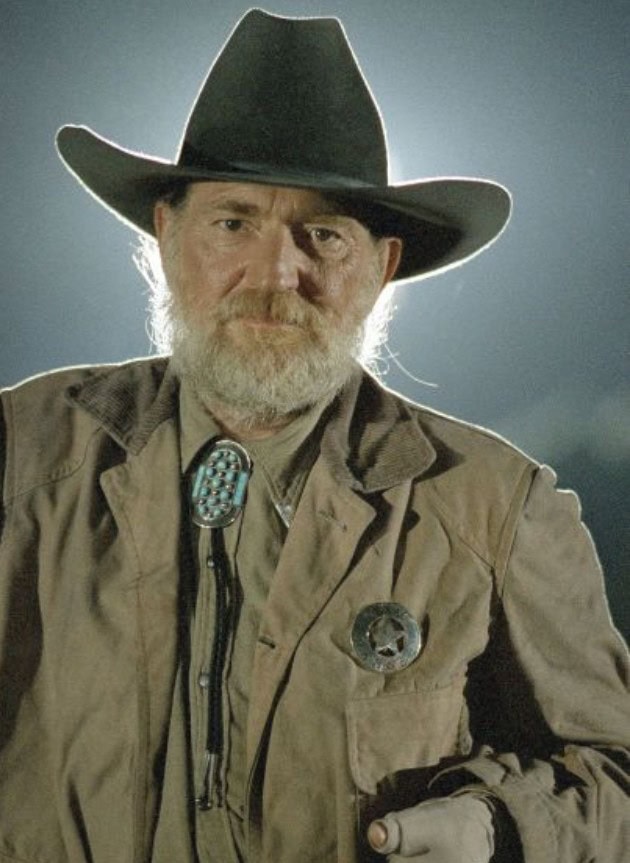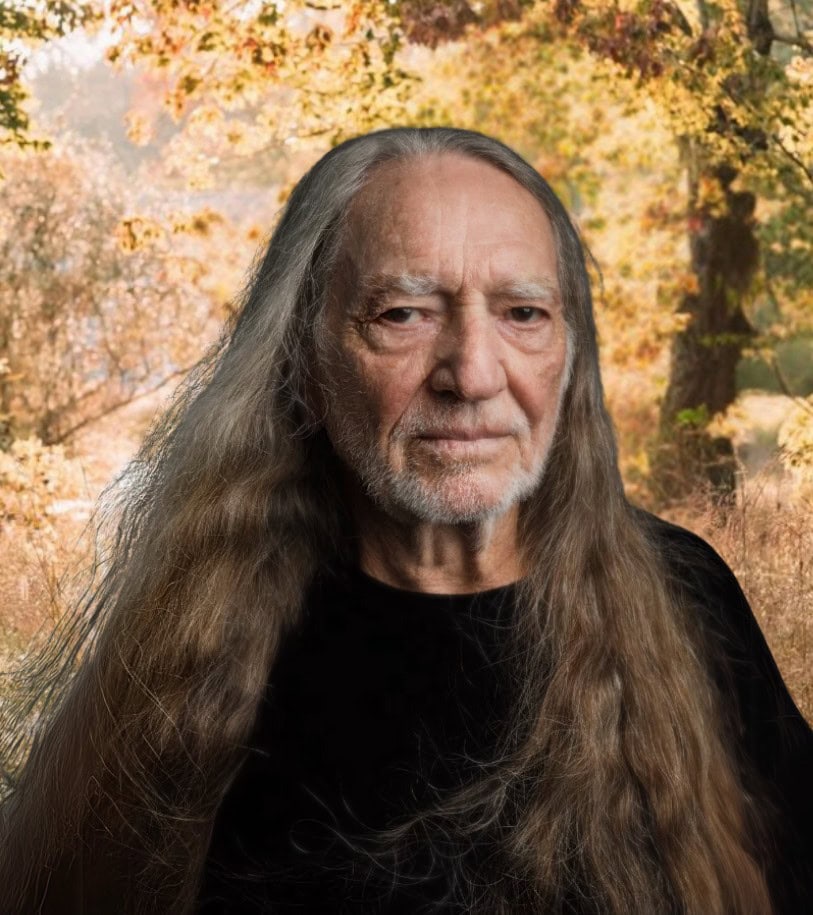
About the song
When Willie Nelson takes on a classic, he doesn’t merely cover it—he inhabits it. His 1984 rendition of “City of New Orleans”, originally penned by Steve Goodman and first made famous by Arlo Guthrie in 1972, is a rich and heartfelt interpretation that adds layers of emotional depth only a seasoned troubadour like Nelson can bring. This song, already beloved by many for its elegiac tone and nostalgic reflection on a fading era of American rail travel, finds new life through Nelson’s unmistakable voice—weathered, wise, and full of quiet compassion.
There’s something profoundly moving about hearing Willie Nelson sing this ode to the American heartland. With his signature phrasing and understated delivery, he doesn’t need to embellish or dramatize; the strength lies in the stillness, the way he allows the lyrics to breathe. The train in question—the City of New Orleans—becomes more than just a vehicle. It’s a symbol of time slipping by, of old ways quietly vanishing into the background of modern life. Through Nelson’s interpretation, the song becomes both personal and universal, evoking memories of cross-country journeys, distant landscapes, and a sense of national identity tied to the rhythm of the rails.
Nelson’s version adds a touch of melancholy maturity to the piece, perhaps because by the time he recorded it, he had already lived much of the American experience that the song so poetically captures. His phrasing draws attention to key lines, highlighting the unspoken ache behind the cheerful refrain, “Good morning, America, how are you?” It’s not just a greeting—it’s a question laced with longing and perhaps even disappointment.
“City of New Orleans” is more than just a folk-country ballad. In Nelson’s hands, it becomes a meditation—on change, on memory, and on the enduring power of music to remind us where we’ve been.
Video
Lyrics
Ridin’ on the City of New Orleans Illinois Central Monday morning rail
Fifteen cars and fifteen restless riders
Three conductors and twenty-five sacks of mail
All along the southbound odyssey the train pulls out of Kankakee
And rolls along past houses farms and fields
Passing trains that have no name and freight yards full of old black men
And the graveyards of the rusted automobilesGood morning, America. How are you?
Say, don’t you know me? I’m your native son
I’m the train they call the City of New Orleans
And I’ll be gone five hundred miles when the day is doneDealin’ cards with the old men in the club car
Penny a point, ain’t no one keepin’ score
Pass the paper bag that holds the bottle
And feel the wheels rumbling ‘neath the floor
And the sons of Pullman porters and the sons of engineers
Ride their fathers’ magic carpet made of steel
Mothers with their babes asleep rockin’ to the gentle beat
And the rhythm of the rails is all they feelGood morning, America. How are you?
Say, don’t you know me? I’m your native son
I’m the train they call the City of New Orleans
And I’ll be gone five hundred miles when the day is doneNight time on the City of New Orleans changing cars in Memphis Tennessee
Halfway home we’ll be there by morning
Through the Mississippi darkness rolling down to the sea
And all the towns and people seem to fade into a bad dream
And the steel rails still ain’t heard the news
The conductor sings his songs again the passengers will please refrain
This train has got the disappearing railroad bluesGood morning, America. How are you?
Say, don’t you know me? I’m your native son
I’m the train they call the City of New Orleans
I’ll be gone five hundred miles when the day is done
